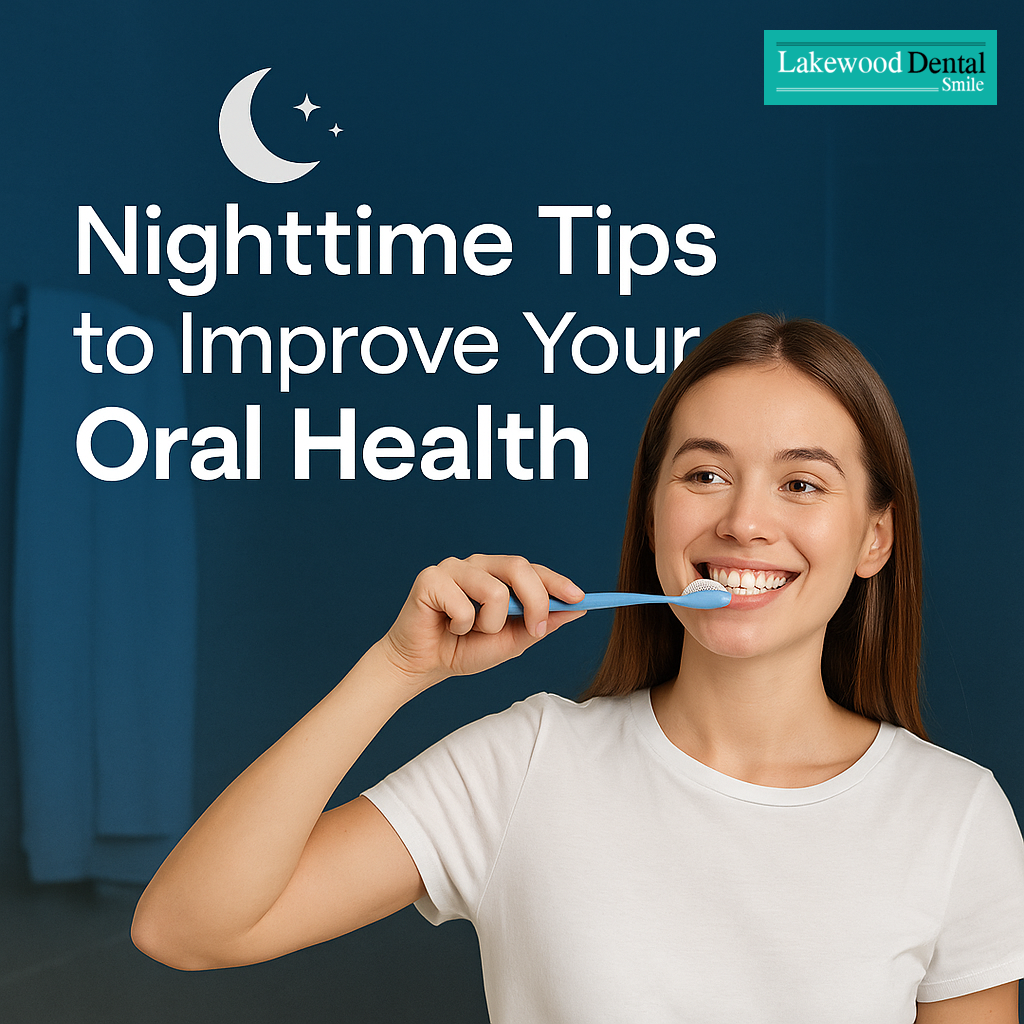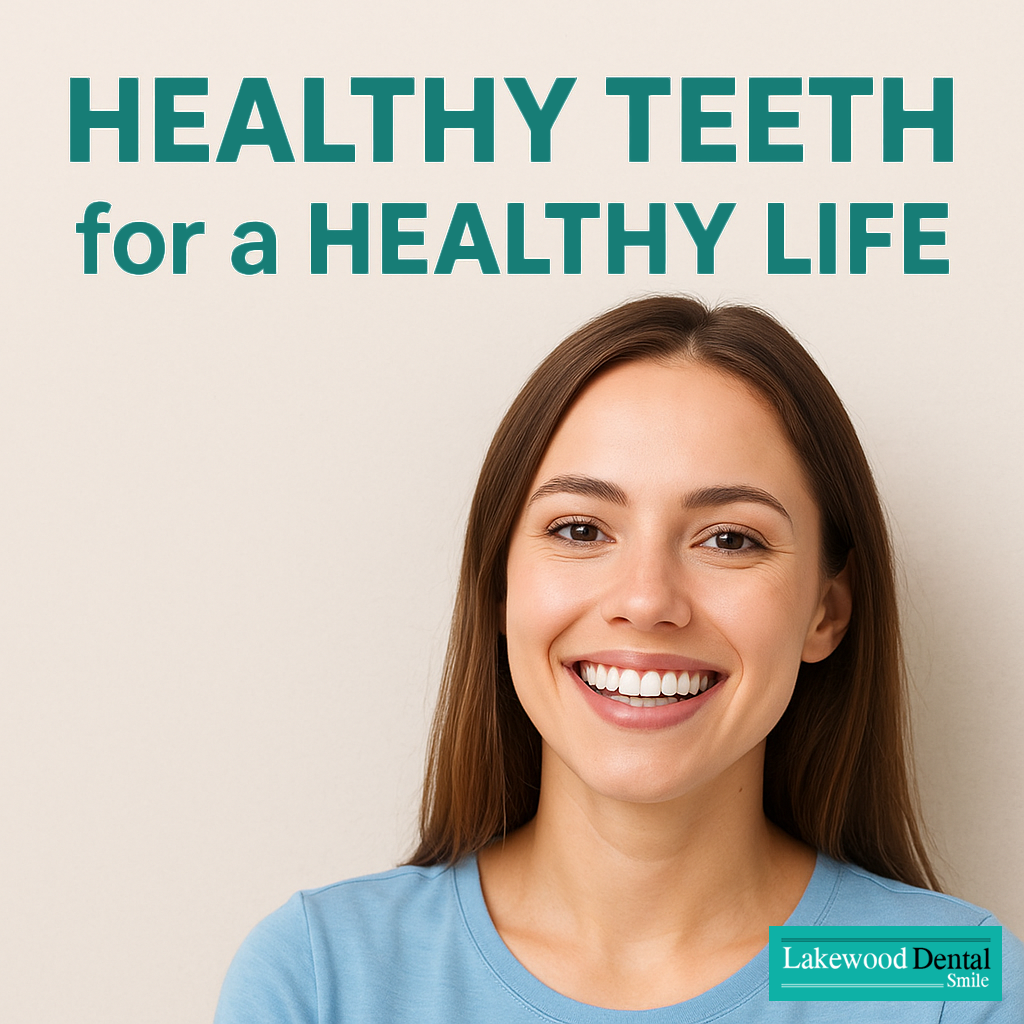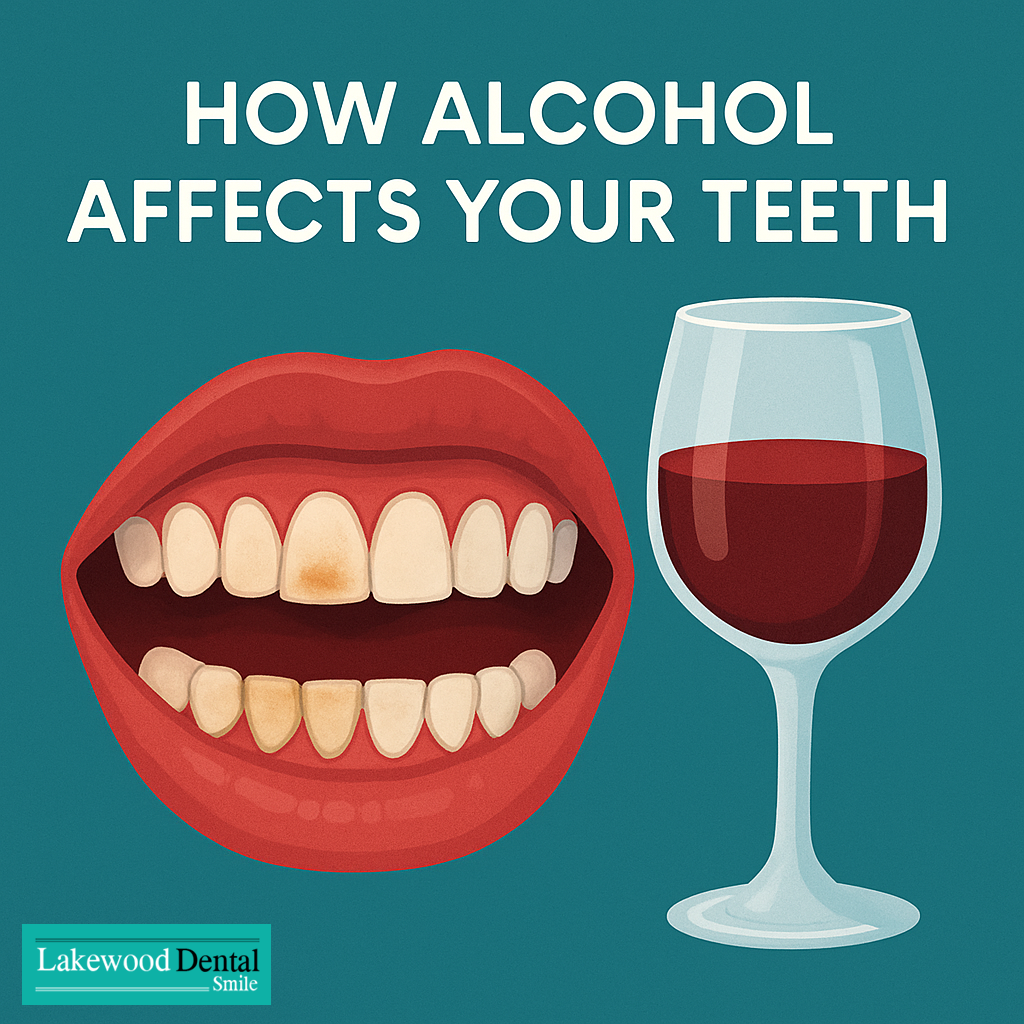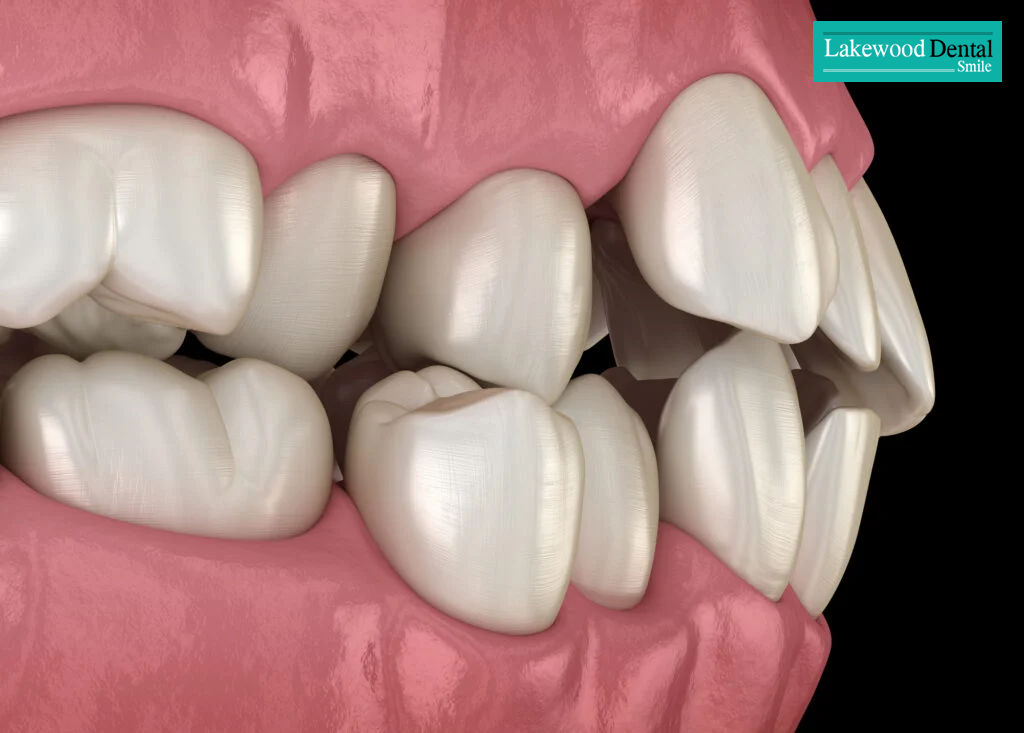A lot can happen to your mouth in just eight hours of sleep — especially when bacteria have the time to settle and grow on your teeth. This can lead to issues like plaque buildup, cavities, tartar, and even gingivitis. But don’t let these concerns keep you from enjoying a good night’s rest. With the right nighttime oral care routine, you can protect your teeth and gums while you sleep and wake up with a healthier smile.

Here are eight simple yet effective tips to help you — and your smile — stay healthy through the night.
1. Brush Before Bed
Brushing your teeth before bedtime is one of the most important steps for maintaining good oral health. It helps prevent plaque buildup, tooth decay, and gum disease while you sleep. If you’re more prone to cavities or gum problems, many dentists recommend brushing twice in the evening — once after dinner and again right before bed — for extra protection.
2. Use Proper Brushing Technique
Good brushing technique is just as important as brushing itself. Dentists recommend brushing gently in short, back-and-forth strokes. Start with the outer surfaces of your teeth, move to the inner surfaces, and finish with the chewing surfaces. To clean the backs of your front teeth, tilt your brush vertically and use gentle up-and-down strokes with the tip.
3. Switch to an Electric Toothbrush
An electric toothbrush can remove plaque more effectively than a manual brush, thanks to its rotating and oscillating movements. Look for a model that feels comfortable in your hand, is easy to control, and has a high-quality rotating–oscillating head for optimal cleaning.
4. Don’t Just Brush — Floss!
Brushing alone isn’t enough to keep your teeth and gums healthy. Flossing removes food particles and soft plaque from between your teeth — places your toothbrush can’t reach. If plaque stays overnight, bacteria will feed on it while you sleep, increasing your risk of cavities and gum disease. Over time, untreated plaque hardens into tartar, which can only be removed by a dental professional during a cleaning. For most people, flossing once at night is sufficient, but if you’re prone to gum disease or tartar buildup, consider flossing twice a day.
5. Rinse with Mouthwash
Mouthwash does more than just freshen your breath — a therapeutic mouth rinse can help strengthen teeth, reduce plaque, and protect gums from gingivitis. Using one before bed keeps your mouth healthier while you sleep. Look for products labeled “therapeutic” rather than cosmetic, as many over-the-counter cosmetic mouthwashes only mask bad breath without offering lasting oral health benefits. For best results, talk to your dentist about the right mouthwash for your needs.
6. Be Aware of Teeth Grinding
If you notice worn tooth enamel, increased tooth sensitivity, or even small injuries inside your cheeks, you might be grinding your teeth at night — a condition known as bruxism. While your dentist can’t stop the habit itself, they can create a custom night guard to protect your teeth from damage while you sleep. Addressing grinding early can prevent serious dental problems and preserve your smile.
7. Avoid late-night snacking.
Eating sugary or starchy foods right before bed can feed bacteria in your mouth and increase your risk of cavities while you sleep. If you do need a late-night snack, choose tooth-friendly options like cheese, plain yogurt, or raw vegetables, and rinse your mouth with water afterward. This small change can make a big difference in protecting your teeth overnight.
8. See your dentist regularly.
Schedule routine dental checkups and professional cleanings to keep your teeth clean and gums healthy over the long term. Your dentist can detect early signs of problems — like cavities, gum disease, or oral infections — before they become serious. Remember, preventive dental care is just as important as good daytime and nighttime oral hygiene.
Book your next visit with our dental team to stay on top of your oral health.




